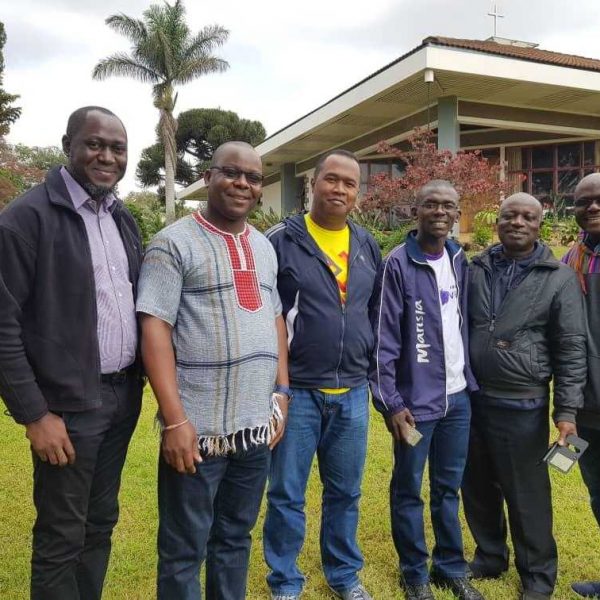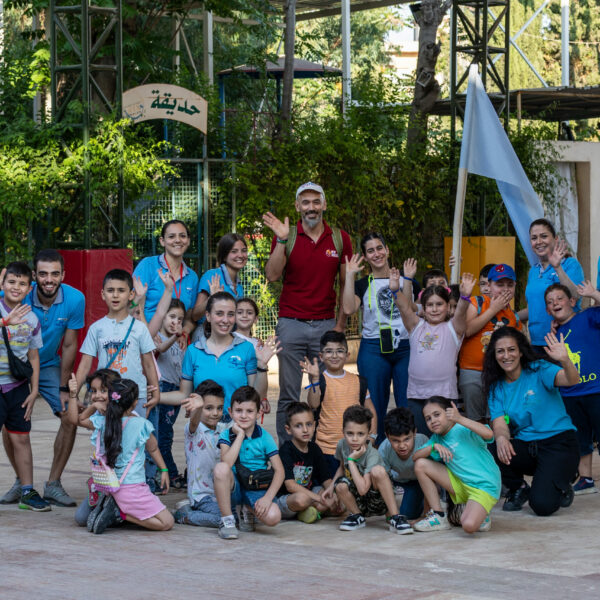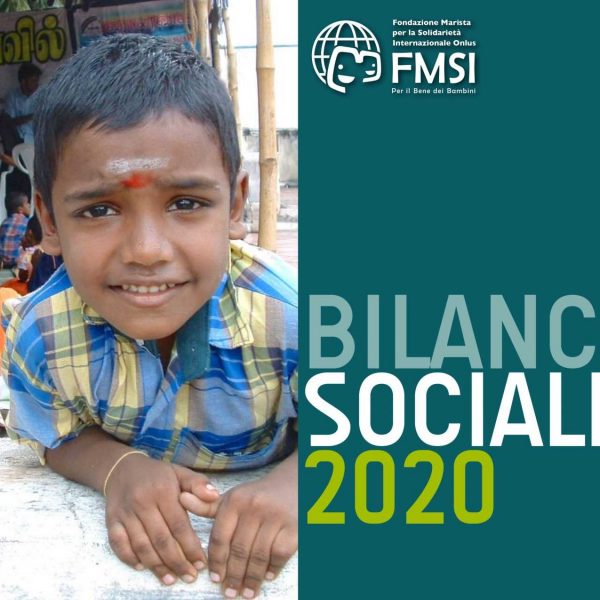“Humanity must be flooded with humanity”
Andrea Rossi FMSI Director
In the current world scenario, the war in Ukraine occupies the front pages of Western newspapers. Other Countries, perhaps more distant from our local newspapers, endure ongoing conflicts about which little information is known. These conflicts in Afghanistan, Libya, Myanmar, Palestine, Mozambique, Syria, are today, if that were possible, even more distant from Western thought and news: countries and peoples forgotten or ignored by public opinion and the media of the Western world.
The way we narrate the world is also changing: the narrative of death is being normalised, the technical analysis of weapons, precision drones, the micro-atomic. More and more space are given to tactical analysts who, like football coaches, illustrate patterns of engagement to encircle and wear down the enemy as if it were a video game.
There are those who, in all this, think – for reasons that escape me – that this can somehow be considered a ‘just war’, feeding the dangerous idea that a war can, after all, also be just. Although Italy repudiates war as a means of resolving disputes, a principle enshrined in our as in many other Constitutions, a great and incomprehensible silence has descended in the newspapers, in election campaigns, on social networks. And what is dangerous is that people talk rhetorically about solidarity and humanity, but do so in a one-sided manner, justifying some and demonising others, based on partisan interests – almost always economic – that one would like to elevate to potential justification for any war action.
Dangerous pockets of extreme cultural poverty are being created in our regressing civilisation, evidently related to the usual and well-known inability of human beings to act together for the common good or for any end that transcends immediate material interest. There is a feeling that dangerous steps backwards are being taken towards directions and scenarios that may lead to the abyss or the inhuman, as unfortunately has happened repeatedly in history. Reiterating our irreducible no to war is an excellent start to recovering lost ground and attempting to restore some values that we have lost along the way, namely, humanity. We realize that it is only through mutual help that our existences suddenly acquire value. As Renzo Piano once said, “There are ideas that are so beautiful that you cannot do without them. Beauty is a complicated concept, of enormous depth. The most sublime, and contagious, beauty is that of solidarity.”
We can no longer afford to believe that the world we would like is there, somewhere, or that someone will one day give it to us without us lifting a finger. The theory of small gestures, of the drop of the sea that can put out fires, is no longer enough: on the contrary, we must recognise the failure of certain logics of thought such as ‘I did mine’, which are not counterbalancing a situation of collective de-responsibility: we must go beyond solidarity expressed through the occasional, impromptu donation, green ribbons, the peace flag and the signature on change.org.
Believing in ‘just a click and the world will change’ has already put us in a position to fall into dangerous traps: the so-called sharing economy deluded us that somehow and without any civil mobilisation, the world was changing for the better. It prefigured a path of organising production that was ‘participatory, free, establishing an ethically oriented community, dedicated more to collective well-being than to profit’1. Nothing could be further from reality, especially for workers.
No real change comes through a road that does not involve great sacrifice: to overturn structural dynamics requires a radical change, a ‘special operation’ of solidarity. Humanity must be flooded with humanity.
When I speak of a revolution for solidarity, the movements of 1968 immediately come to mind. Indeed, ‘68, which involved almost all the States of the world and introduced irreversible changes in society, exploded at a time when petty-bourgeois individualism and hedonistic and utilitarian consumerism triumphed. And so, in addition to protest movements, new forms of civil commitment, solidarity and sharing with the most disadvantaged strata of the population were born, triggering a cultural revolution that also involved the Catholic world. It was precisely in this climate that Caritas, the pastoral body of the Italian Episcopal Conference (CEI), saw the light in 1971, with its hundreds of diocesan and parish associations, based on militant and highly committed lay volunteerism, in close and direct contact with the most fragile.
As it was in ‘68, perhaps even in this historical moment we can see an opportunity to be seized: precisely this depletion of the basic values of humanity and community ties can set the conditions for the emergence of a new revolutionary movement, this time based solely on pacifism and altruism.
To make this change on a global level, it is not necessary to start from scratch, as the concept of solidarity has already been enshrined for decades in most of the world’s Constitutions. In the Italian Constitution, the word solidarity is mentioned as early as Article 2, and placed in relation to ‘inviolable rights’ (‘the Republic recognises and guarantees the inviolable rights of man, both as an individual and in the social formations where his personality is developed, and requires the fulfilment of the mandatory duties of economic, political and social solidarity’); and, again, Article 119 speaks of ‘promoting economic development, cohesion and social solidarity’. It would therefore, in many cases, simply be a matter of exercising rights already enshrined in the constitution.
It is obvious that a revolution like this needs a trigger. Certain events today resonate widely in public opinion and can become part of the collective consciousness. Around them, empathetic feelings and new forms of narration, of construction of meaning, take shape. And above all, the spirit of solidarity on a national or international level is tested around them. In the aftermath of the Russian invasion, the almost transversal reaction of help and welcome for Ukrainian refugees gathered support even from deeply divergent political parties within a few days. Perhaps for a few moments, but around these sentiments, Europe was truly united for the first time: almost six million Ukrainian refugees received, the largest refugee crisis since the Second World War, to which the European Union responded by activating, at the beginning of March, Directive 55/2001 on temporary protection and setting in motion a perfect organisational machine, driven by an irrepressible force of solidarity. It has already happened and we must talk about it by extolling it as our special operation: these are the values we must collect and recount by praising participation, enthusiasm, collective mobilisation (and without the useless rhetoric of heroism or patriotism).
We have a great opportunity: to transform the memory of these tragedies into a celebration of solidarity and altruism and to make possible a unified and anthropologically broader vision of solidarity. Gino Strada said ‘the possibility of a world in which utopia is only something that is not yet there’. We already have it. We just need to roll up our sleeves and do it again.




